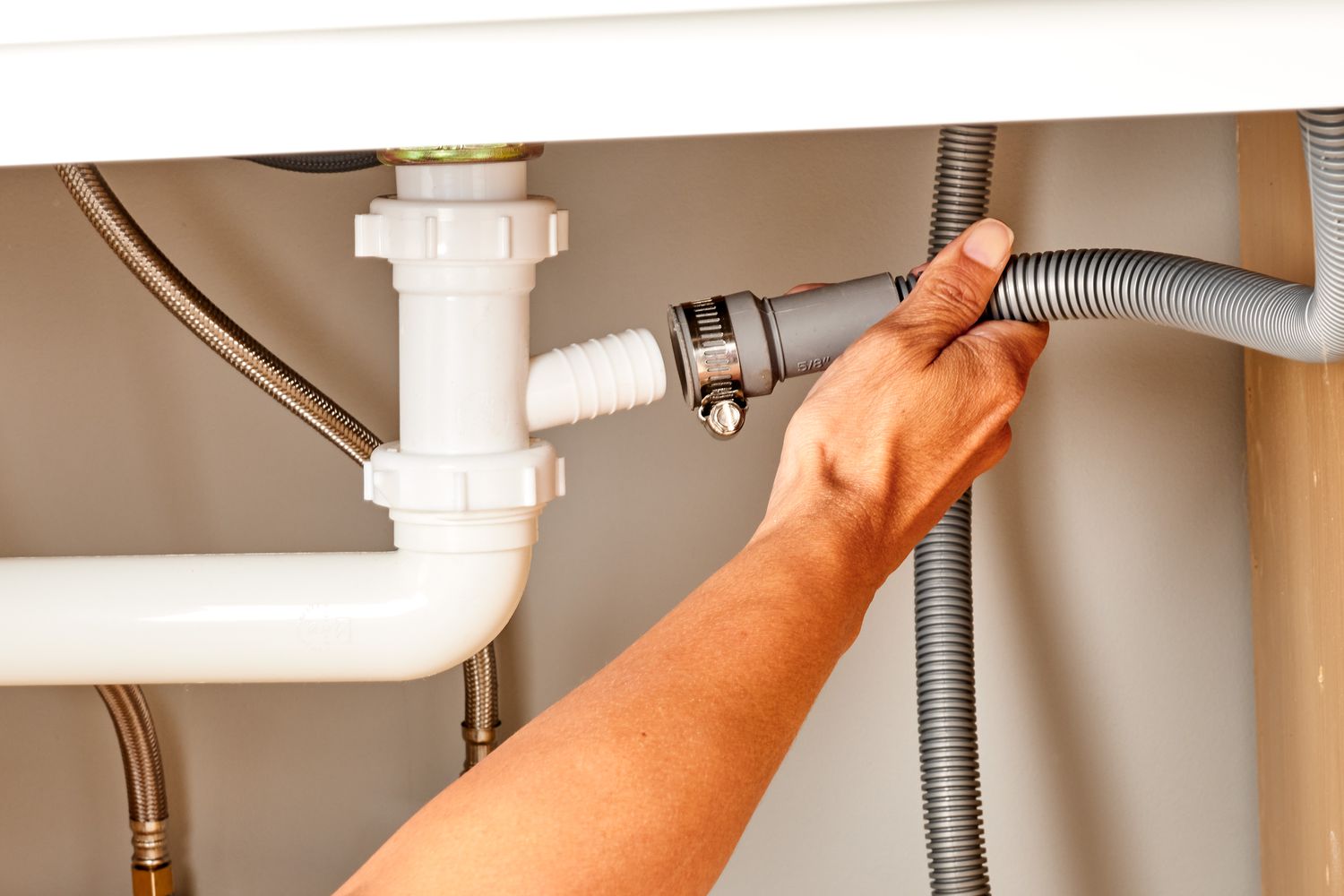
For most people, dishwashers are a blessing. No more hours spent bent over the kitchen sink, scrubbing away at greasy pots and pans. Instead, all you need to do is load your dirty dishes into the dishwasher, add dishwasher detergent, set the cycle, and voila! But with such convenience comes a need for some level of understanding about how these machines work – more specifically, their plumbing systems.
Dishwasher Plumbing Basics
To ensure your dishwasher runs smoothly, it is important to know about its comparative plumbing system. At its most basic level, dishwasher plumbing involves two key components: water supply lines that bring fresh water into the machine for cleaning purposes and drain lines that transport dirty water out of it. If you want to know more about this in detail, consider checking out companies such as Fergusons Plumbing Group on LinkedIn, who deal with such stuff regularly and share lots of information.
Water Supply Lines
Your dishwasher’s performance heavily relies on its water supply line. This line delivers fresh water from your home’s existing plumbing into the dishwasher for use during the cleaning cycles. It’s helpful to know that these lines are typically composed of stainless steel or copper with a shut-off valve located beneath your sink for easy access in case of emergencies.
Drain Lines
Equally crucial to the operation of your dishwasher is its drain line. Post every washing cycle, the dirty water needs to be effectively drained away to make room for fresh water during the next rinse. Failure in drain lines may result in overflow or poor cleaning performance from your dishwasher.
The Plumbing Connection
Understanding how dishwashers are connected to your home’s plumbing is essential. Typically, most dishwashers connect to the sink’s hot water pipe, and the drain hose connects to the garbage disposal or another part of the sink drain. This set-up allows for easy water flow into and out of your appliance.
Dishwasher Air Gaps
An air gap is often a mandatory component in many places as it prevents wastewater from seeping back into the dishwasher. It is generally installed on the countertop or the sink and provides an escape route for any blocked or backed up water.
Common Dishwasher Plumbing Problems
Like all things mechanical, dishwashers can develop issues over time. There might be leakages due to worn-out components, poor drainage due to clogs in the lines, or irregular supply because of issues with the water pipes. Regular maintenance can help spot these issues early and prevent them from escalating.
Professional Maintenance Recommendations
While it is possible to resolve minor problems with your dishwasher’s plumbing yourself, engaging professionals for regular maintenance checks is highly recommended. They have finer understanding and expertise concerning these machines and can often spot potential problems before they become serious issues.
The Importance Of Proper Installation
For newer dishwashers, professionals should ideally handle installation. This ensures that all connections are sealed properly and reduces risks of leaks or poor performance due to incorrect installation.
The Role Of Quality Parts
Purchasing high-quality parts for your dishwasher’s plumbing system pays off in the long run. These parts are more resistant to wear and tear, ensuring fewer headaches in terms of breakdowns and maintenance costs in general.
Dishwasher Energy Efficiency
Besides knowing about your dishwasher’s plumbing system, it must also consider the machine’s energy efficiency. Energy-efficient dishwashers not only minimize water and electricity usage, thereby reducing bills but also leave behind a smaller carbon footprint.
Taking Care Of The Dishwasher
Regular maintenance can effectively prolong your dishwasher’s life span and keep it operating optimally. Be sure to clean the machine regularly, including fittings, pipes, and filters, which can often become clogged with food particles or detergent residue.
Closing Off
In the end, keep in mind that while understanding dishwasher plumbing may seem like a daunting task, it is worth investing your time into. You will be better equipped to handle minor issues, understand when professional help is needed, and ensure that you get the most out of your kitchen appliance. As with all other aspects of homeownership and maintenance, knowledge is power when it comes to dishwasher plumbing.


